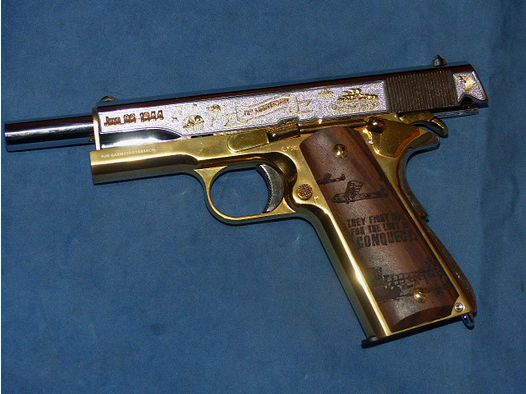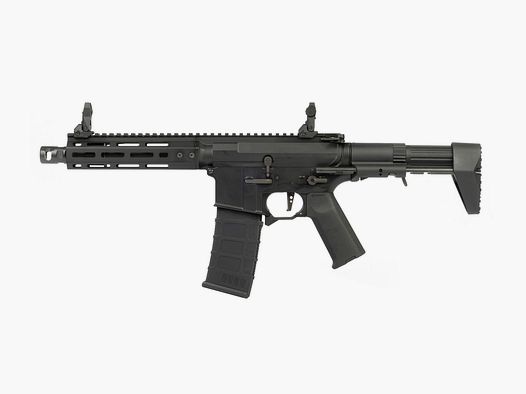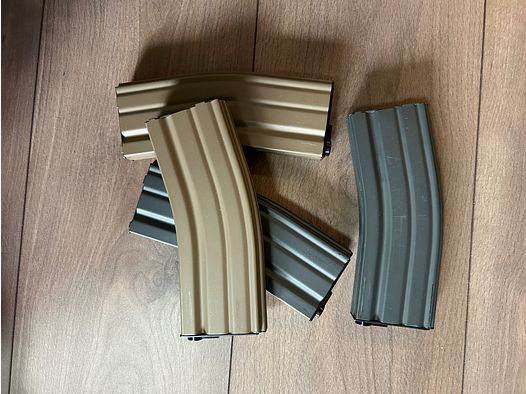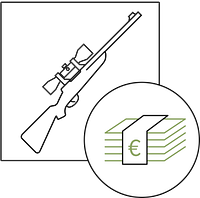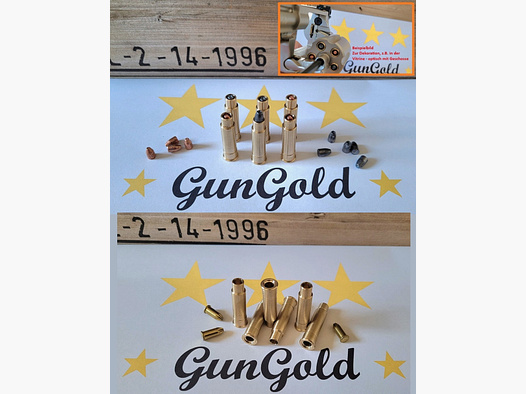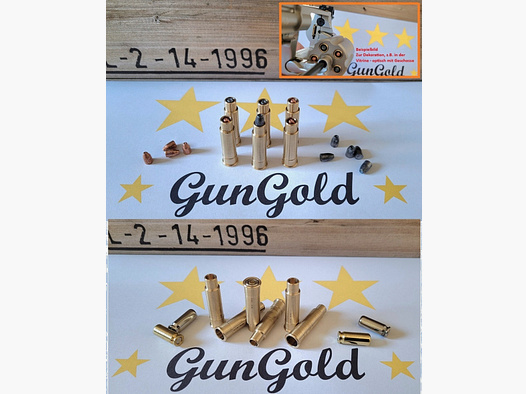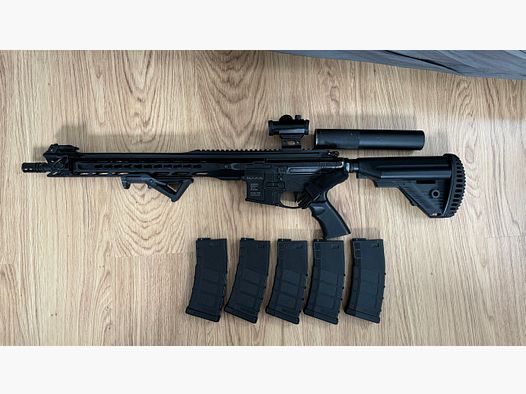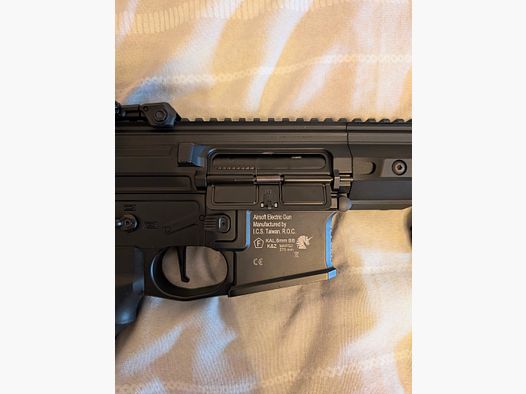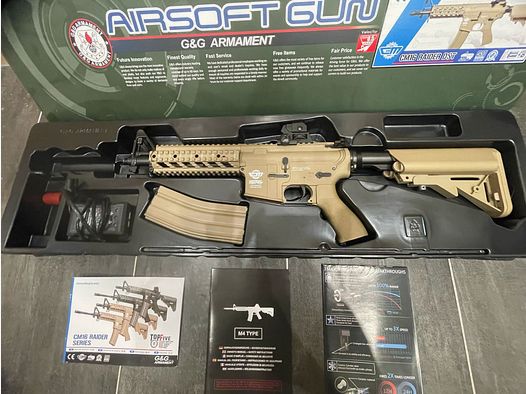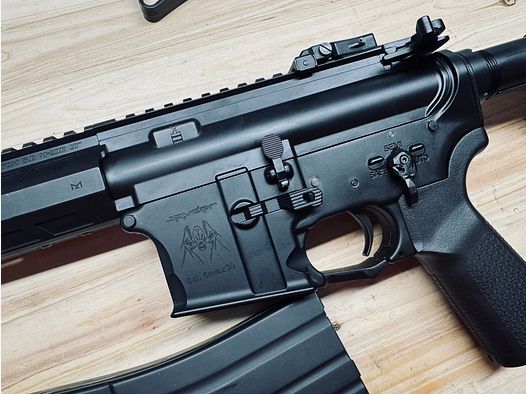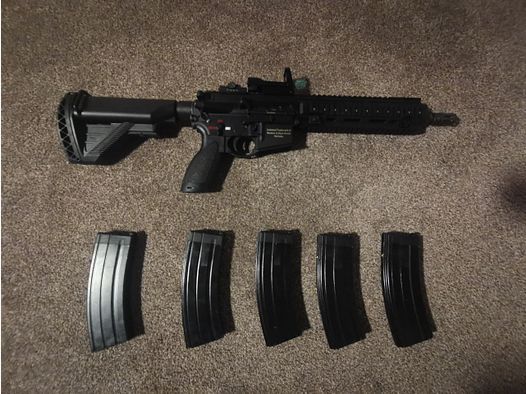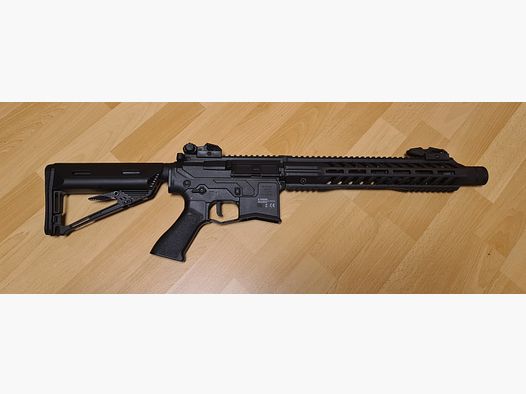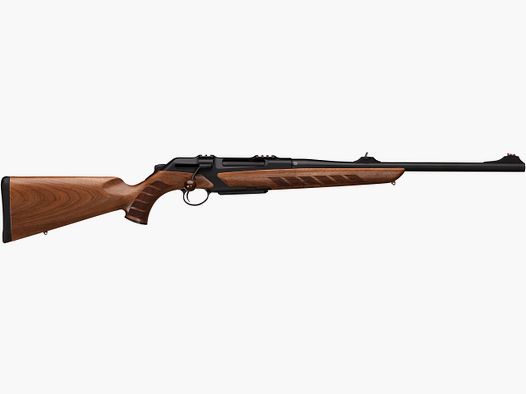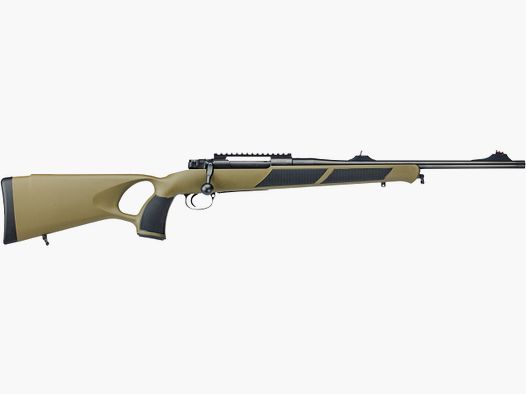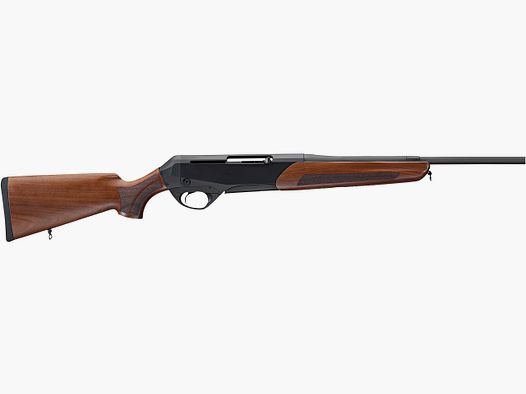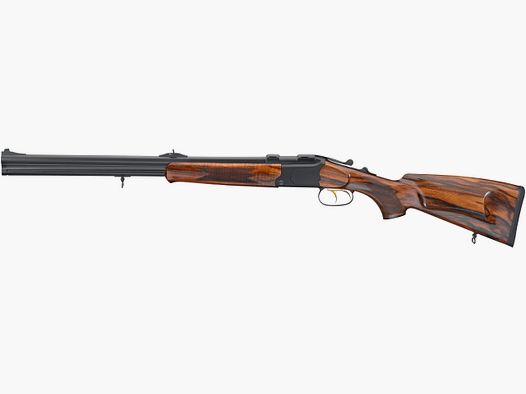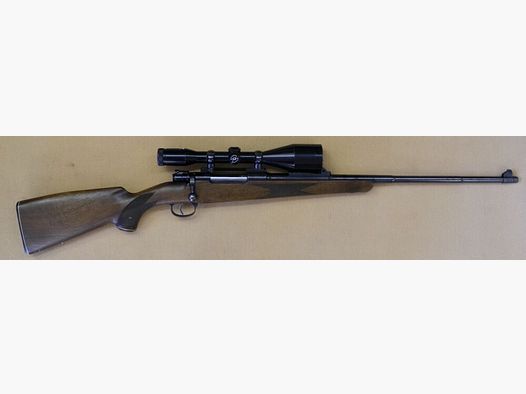Airsoft, also known as Softair, enjoys great popularity worldwide. While the dynamic team sport attracts more and more players of all ages in Germany every year, the sport is still in its infancy in this country - especially when compared to the Eastern European Airsoft scene, such as in Poland or the Czech Republic. However, Airsoft originated in Japan, where it was invented in the 1970s. The "inventor" is considered to be photographer Ichiro Nagata, an enthusiastic shooter himself, who had the idea of building model guns that could shoot real projectiles but could not kill or injure. These "rifles" were protected as Soft-Air rifles to meet the needs of shooters while complying with strict Japanese gun laws. The name "Soft Air" referred to the compressed freon-silicone oil mixture (which was later replaced by a propane-silicone oil mixture known as "Green Gas") that was used as propellant and was significantly weaker than the CO2 used in real air rifles (pellet and air pressure pistols). The plastic balls of these "Soft Air Guns," originally developed for target shooting, can also be shot at people without causing injuries due to their low muzzle energy. After Tokyo Marui introduced its revolutionary electric motor gearbox design, which allows for sustainable rapid fire using rechargeable batteries, Soft-Air Guns became popular for casual wargames, which the Japanese call Survival Games ("Sabaibaru gemu").
In the late 1980s and early 1990s, Airsoft guns spread to the UK through a company called LS. The guns were sold in parts and had to be assembled before they could be shot. They were then offered in the rest of Europe and North America and quickly gained popularity worldwide. Since the mid-1980s, Airsoft has evolved into a pure recreational sport practiced by all age groups. Airsoft replicas are manufactured worldwide, with most being produced in East Asia. Airsoft guns are now also used by law enforcement units for training purposes.



